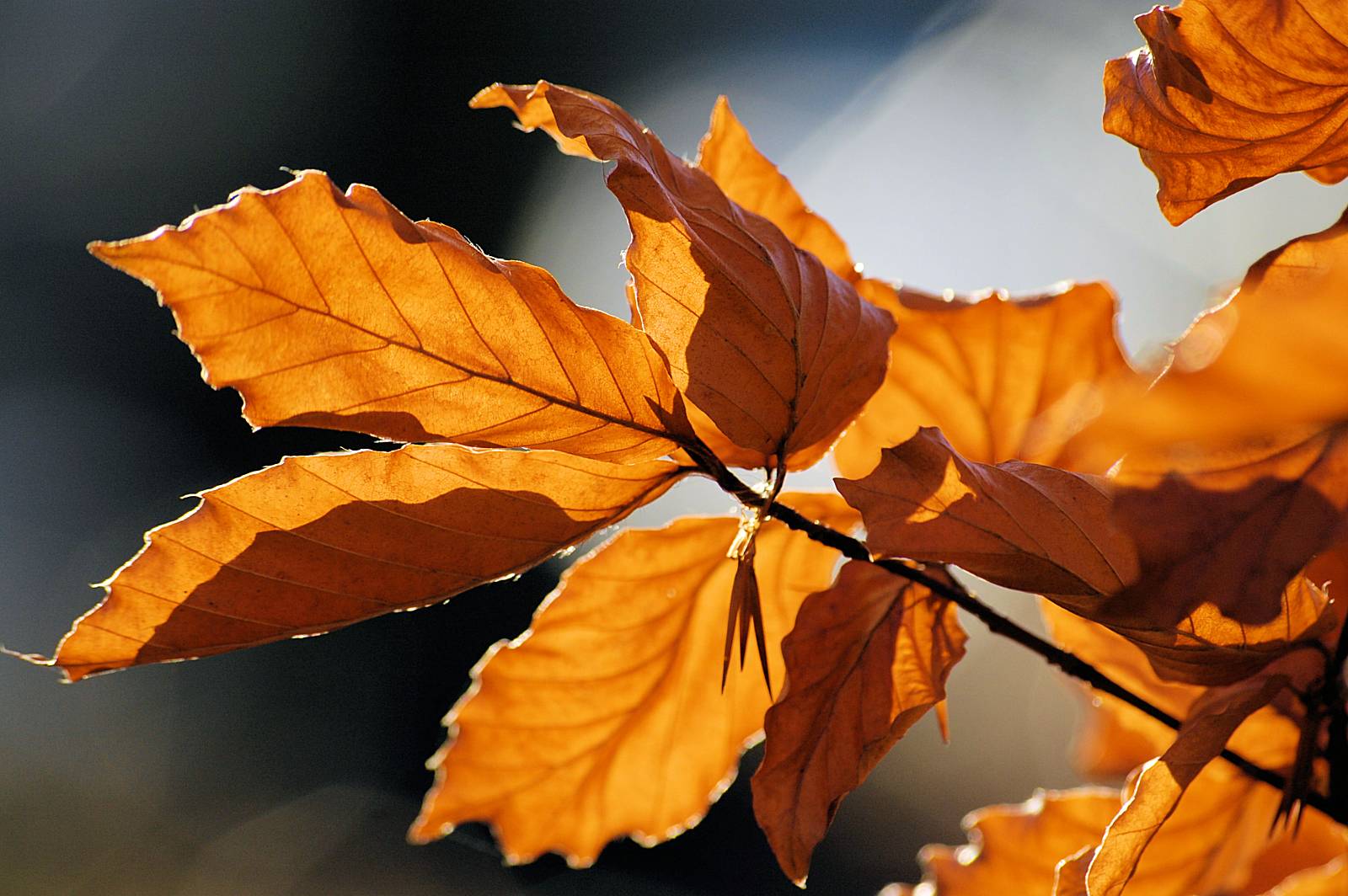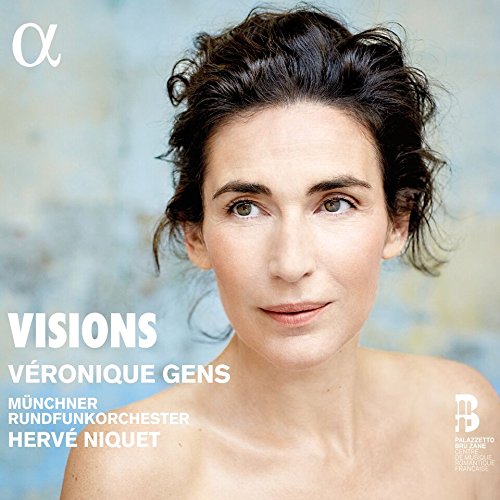 |
| photo : Flemming Christiansen 2008 |
Oh, je voudrais tant que tu te souviennes, Des jours heureux quand nous étions amis, Dans ce temps là, la vie était plus belle, Et le soleil plus brûlant qu'aujourd'hui.
(Oh how I wish that you would remember the happy days when we were friends. At that time, life was beautiful, and the sun more golden than today)
Les feuilles mortes se ramassent à la pelle, Tu vois je n'ai pas oublié. Les feuilles mortes se ramassent à la pelle, Les souvenirs et les regrets aussi,
(The dead leaves were swept away by rakes, you see, I haven't fogotten. Menories and regrets swept away, too)
Et le vent du nord les emporte, Dans la nuit froide de l'oubli.
Tu vois, je n'ai pas oublié,
La chanson que tu me chantais.
(And the north wind carries them away into the cold night, where they're forgotten. You see, I haven't forgotten the song you sang to me.)
C'est une chanson, qui nous resemble, Toi qui m'aimais, moi qui t'aimais. Nous vivions, tous les deux ensemble, Toi qui m'aimais, moi qui t'aimais.
(It was a song that was like the two of us, you who loved me, I who loved you. We lived, two of us together , you who loved me, I who loved you) (notice how Prévert repeats linese as if they would fade away if he didn't, as if he were holding on to the precious memory before it slips away)
Et la vie sépare ceux qui s'aiment, Tout doucement, sans faire de bruit. Et la mer efface sur le sable, Les pas des amants désunis.
(Yet life separates those who love each other, so softly without making a sound, as the sea wipes away the footprints in the sand of lovers now apart).
Nous vivions, tous les deux ensemble, Toi qui m'aimais, moi qui t'aimais. Et la vie sépare ceux qui s'aiment, Tout doucement, sans faire de bruit.
(We lived, the two of us together, you who loved me, I who loved you. But life separates those who have loved, gently making no noise).
Et la mer efface sur le sable Les pas des amants désunis... (and the sea wipes from the sand the traces of those torn apart)
Please also see my translation of Prévert's Barbara, in Kosma's setting HERE
Recommended recording : Francis Le Roux and Jeff Cohen, Please see what else I've written on Kosma, French poetry, Mélodie and art song of the period.
